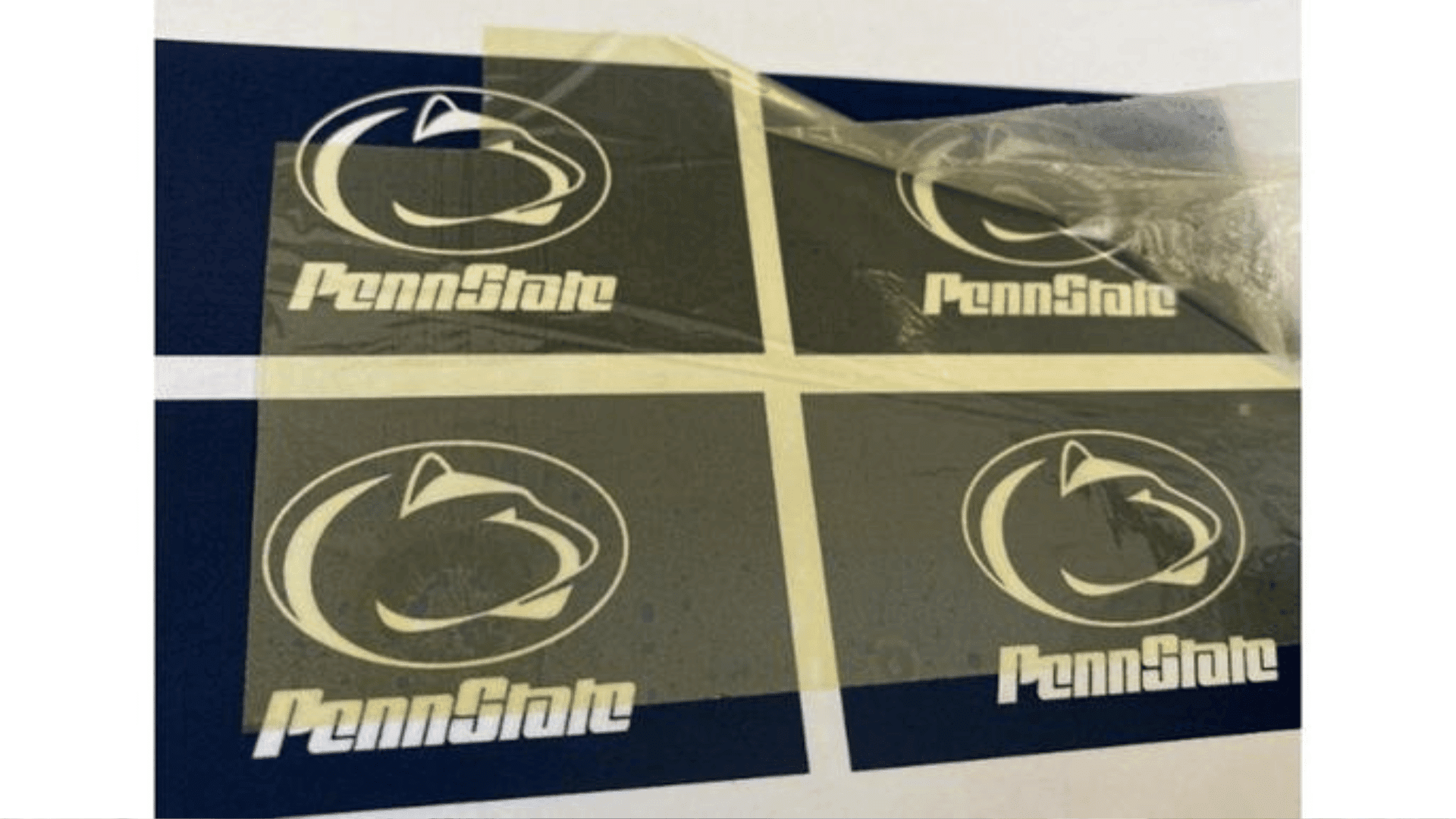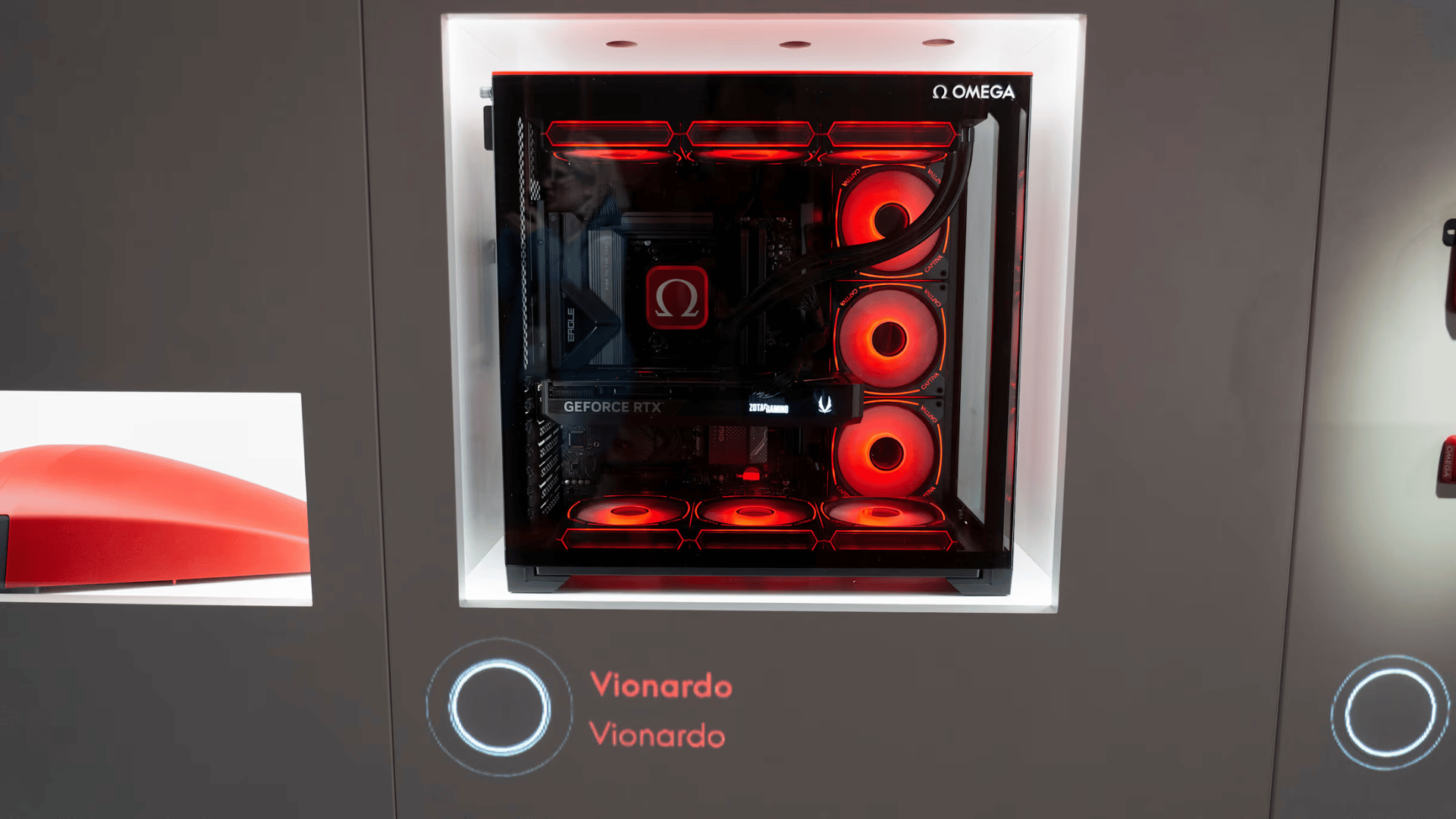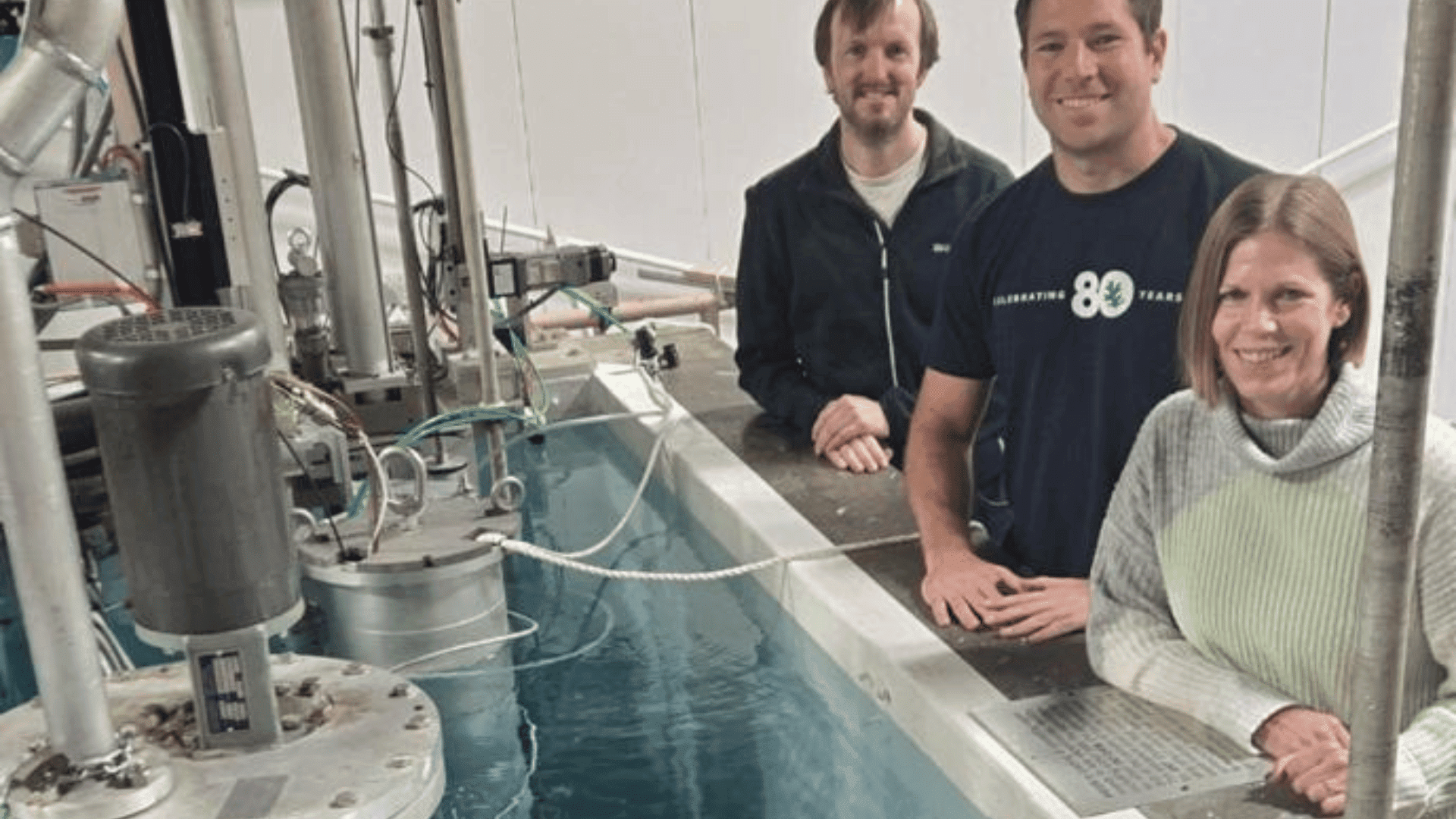Scientists from academia, industry, and NASA, in collaboration with the Universities Space Research Association, have developed Surya, an open-source AI foundation model that uses nine years of high-resolution solar data to study and predict solar activity with unprecedented accuracy. Surya’s innovative architecture outperforms existing models in forecasting solar storms, which impact technologies like satellites and GPS, potentially transforming space weather prediction and resilience.
USRA Contributes to the Development of Surya: A Foundation Model for Space Weather
WASHINGTON, Oct. 24, 2025 /PRNewswire/ — Artificial intelligence is helping scientists decode the Sun’s most complex mysteries. In a first for space weather, researchers from academia, industry, and the Universities Space Research Association’s Research Institute for Advanced Computer Science (RIACS) have developed Surya, an open-source foundation model designed to study and predict solar activity.
The innovative AI system represents a major step forward in forecasting solar storms, which increasingly affect the technologies that humanity depends on in space and on Earth. Surya’s novel architecture and performance suggest it can capture the underlying physics driving solar evolution, offering a new tool for space weather prediction and research.


Developed through a collaboration that includes scientists from NASA centers, major universities, and private research organizations, Surya applies large-scale machine learning principles similar to those that transformed natural language processing to the domain of space weather forecasting.
By training a geospatial foundation model on nine years of data collected by NASA’s Solar Dynamics Observatory which takes high-resolution images of solar activity every 12 seconds, the model can identify patterns and predict solar events with unprecedented accuracy—laying the groundwork for future advances in space weather forecasting and resilience. The open-source foundation model’s novel architecture and performance suggest that the model can learn the underlying physics of solar evolution.
Advertisement
USRA’s role in the development of this model was primarily focused on contributing to model implementation support, architecture evaluation, and code review edits. Dr. David Bell, Director of USRA’s Research Institute for Advanced Computer Science stated, “Surya represents a paradigm shift in how we study the Sun. For the first time, we have an AI foundation model that has the potential to transform how we prepare for and respond to space weather events that affect everything from satellites to power grids.”
Surya has been applied to the following applications – outperforming existing models.
- Active Region Emergence Forecasting
- Solar Flare Forecasting
- Solar Wind Speed Prediction
- EUV Spectra Prediction
These achievements are significant as solar storms in the last two years alone have caused the loss of tens of millions of dollars of satellites during launch as a result of higher atmospheric drag from space weather and caused the estimated loss of hundreds of millions of dollars of crops in the Midwest as a result of GPS errors from space weather.
SOURCE Universities Space Research Association
This press release is provided for informational purposes only. TomorrowsWorldToday.com is not responsible for the content, terms, or administration of Universities Space Research Association’s Research Institute for Advanced Computer Science (RIACS)’s promotions. Please refer to Universities Space Research Association for the most accurate and up-to-date information. Tomorrow’s World Today may receive an affiliate commission if you purchase an independently reviewed product or service through a link on our website.



